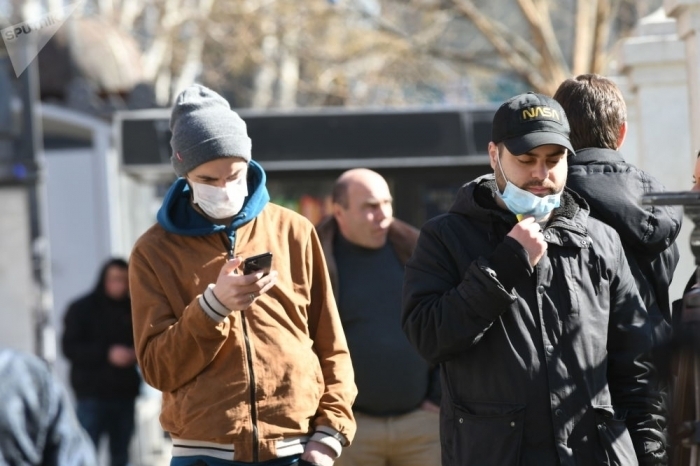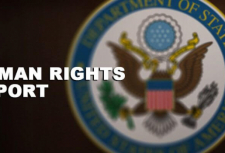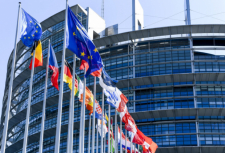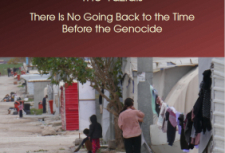Who: there is no evidence that COVID-19 cannot be re-infected

Earlier, the world discussed the proposal of several governments to introduce a so-called passport of immunity, which would allow people who have been ill to travel freely or return to work
To date, there is no evidence that people who have recovered from COVID-19 and have antibodies are protected from re-infection. The world health organization has warned about this.
The warning is published on the organization's website in a scientific letter. Earlier, the world discussed the proposal of governments of different countries to introduce a so-called passport of immunity, which would allow people who have been ill to travel freely or return to work.
However, the effectiveness of protection against coronavirus infection due to antibodies has not yet been confirmed by any scientific research, the who notes.
"There is currently no evidence that people who have recovered from COVID-19 and have antibodies are protected from re — infection," the organization said in a scientific letter. — As of April 24, 2020, no studies have evaluated whether the presence of antibodies to SARS-CoV-2 provides immunity to subsequent infection with this virus."
At the same time, it is known that not all those who have recovered develop a strong enough immune system, and some of those who have been ill "have a very low level of neutralizing antibodies in the blood."
So at this stage of the disease, the who emphasizes, in order to ensure that people do not risk re-infection, there is not enough information about how strong the immune system is provided by antibodies.
And the introduction of such "passports" into practice, according to who, can create an illusion of security for their owners. People may stop following public health recommendations altogether, which will further increase the risk of spreading the disease.
Another nuance that calls into question this practice of "passports" is not the absolute reliability of the tests themselves.
"Currently used serological tests need additional verification to determine their accuracy and reliability," the document explains. — First, they may mistakenly label people who were infected as negative, and second, people who were not infected are falsely labeled as positive. Both errors have serious consequences and will affect efforts to control the spread of the disease."
Sputnik-georgia.ru
Tags:
Who: there is no evidence that COVID-19 cannot be re-infected

Earlier, the world discussed the proposal of several governments to introduce a so-called passport of immunity, which would allow people who have been ill to travel freely or return to work
To date, there is no evidence that people who have recovered from COVID-19 and have antibodies are protected from re-infection. The world health organization has warned about this.
The warning is published on the organization's website in a scientific letter. Earlier, the world discussed the proposal of governments of different countries to introduce a so-called passport of immunity, which would allow people who have been ill to travel freely or return to work.
However, the effectiveness of protection against coronavirus infection due to antibodies has not yet been confirmed by any scientific research, the who notes.
"There is currently no evidence that people who have recovered from COVID-19 and have antibodies are protected from re — infection," the organization said in a scientific letter. — As of April 24, 2020, no studies have evaluated whether the presence of antibodies to SARS-CoV-2 provides immunity to subsequent infection with this virus."
At the same time, it is known that not all those who have recovered develop a strong enough immune system, and some of those who have been ill "have a very low level of neutralizing antibodies in the blood."
So at this stage of the disease, the who emphasizes, in order to ensure that people do not risk re-infection, there is not enough information about how strong the immune system is provided by antibodies.
And the introduction of such "passports" into practice, according to who, can create an illusion of security for their owners. People may stop following public health recommendations altogether, which will further increase the risk of spreading the disease.
Another nuance that calls into question this practice of "passports" is not the absolute reliability of the tests themselves.
"Currently used serological tests need additional verification to determine their accuracy and reliability," the document explains. — First, they may mistakenly label people who were infected as negative, and second, people who were not infected are falsely labeled as positive. Both errors have serious consequences and will affect efforts to control the spread of the disease."
Sputnik-georgia.ru
Tags:


























